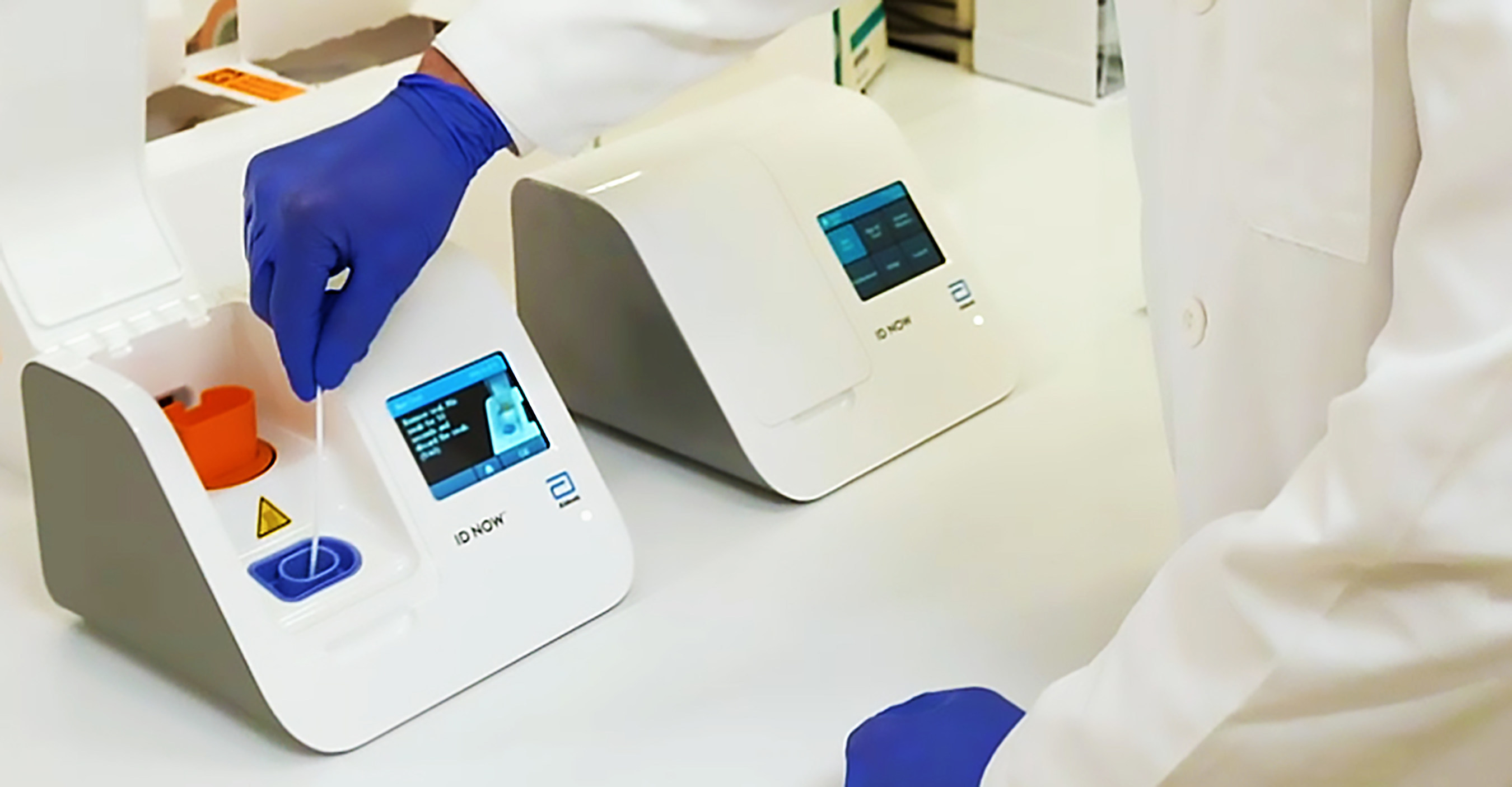Rapid Clostridium perfringens Test in Ready-to-Eat Foods
The rapid detection of Clostridium perfringens in ready-to-eat (RTE) foods is crucial for ensuring food safety and preventing potential outbreaks of foodborne illness. This bacterium produces a toxin that can cause severe gastroenteritis, leading to symptoms such as nausea, vomiting, and diarrhea. The primary challenge lies in accurately identifying the pathogen within a short time frame without compromising the integrity of RTE products.
Our laboratory offers a comprehensive testing service using validated methods compliant with international standards like ISO/IEC 17025 for accuracy and precision. This ensures that our clients receive reliable results, which are critical for maintaining product quality and compliance with regulatory requirements such as FDA’s Food Safety Modernization Act (FSMA).
The process involves collecting samples from various stages of production or distribution, including raw materials, intermediate products, finished goods, and final packaging. Specimen preparation is critical to ensure the integrity of the test results; therefore, we provide detailed instructions on sample collection, transport, and preservation.
Upon receipt, our laboratory staff uses advanced instrumentation such as real-time polymerase chain reaction (RT-PCR) for quick and accurate detection. RT-PCR provides a high degree of sensitivity and specificity, allowing us to differentiate between Clostridium perfringens strains that are harmless from those capable of producing the lethal toxin.
The results of our testing service are delivered within 24 hours, which is essential for maintaining supply chain efficiency. This rapid turnaround time enables manufacturers and distributors to take corrective actions swiftly if contamination is detected, thereby minimizing the risk to public health.
In addition to technical expertise, we also emphasize customer support throughout the process. Our team of experts can assist with interpreting results, providing recommendations on best practices for preventing future occurrences, and helping navigate regulatory compliance issues.
Our commitment to quality and efficiency sets us apart in the food safety industry. By partnering with us, you gain access to cutting-edge technology combined with experienced professionals who understand the unique challenges faced by RTE manufacturers.
Why It Matters
The importance of detecting Clostridium perfringens in RTE foods cannot be overstated. According to the Centers for Disease Control and Prevention (CDC), foodborne illness can cause significant health impacts, including hospitalization and even death. In addition to human suffering, outbreaks also result in economic losses due to product recalls, business closures, and legal liabilities.
The rapid spread of Clostridium perfringens through RTE foods poses a particular risk because these products are consumed without further cooking or preparation. This means that even small amounts of contamination can lead to widespread illness among consumers. Therefore, effective testing protocols are vital for safeguarding public health and ensuring consumer confidence in RTE products.
In terms of compliance with international standards, adherence to regulations such as FSMA is not only a legal requirement but also essential for maintaining a positive reputation in the global market. Many countries have strict guidelines regarding the presence of specific pathogens in food products, and non-compliance can result in severe penalties, including fines and trade restrictions.
The ability to detect Clostridium perfringens quickly allows RTE manufacturers to implement corrective measures promptly, reducing the likelihood of contamination spreading further along the supply chain. This proactive approach helps protect consumers while minimizing disruptions to business operations.
Moreover, early detection enables companies to address issues before they escalate into full-blown outbreaks. By identifying and addressing potential problems at an early stage, firms can demonstrate their commitment to food safety and quality assurance, thereby enhancing their reputation among stakeholders.
Environmental and Sustainability Contributions
- Clostridium perfringens testing supports sustainability efforts by minimizing waste and reducing environmental impact. Early detection of contamination prevents the distribution of potentially harmful products, which would otherwise contribute to food waste.
- Prompt identification of contaminated batches allows for targeted interventions rather than mass recalls or destruction of entire product lines. This approach reduces unnecessary resource consumption and associated emissions.
- By ensuring that only safe and compliant products reach consumers, testing services help maintain trust in the food industry, which is essential for long-term environmental stewardship.
Competitive Advantage and Market Impact
In today’s competitive market, maintaining a strong reputation for food safety and quality is paramount. Our rapid Clostridium perfringens testing service provides several advantages:
- Risk Mitigation: By detecting contamination early, clients can mitigate risks associated with product recalls and lawsuits.
- Consumer Trust: Demonstrating a commitment to food safety builds trust among consumers, distributors, and retailers.
- Compliance Assurance: Ensuring compliance with regulatory standards enhances market access and reduces the likelihood of regulatory action.
- Innovation Opportunities: Our testing service can help identify areas for improvement in production processes, leading to innovations that enhance product safety and quality.
The ability to meet stringent regulatory requirements and provide accurate results within a short timeframe positions our clients favorably against competitors. This not only enhances their market position but also contributes to sustainable business practices by reducing waste and environmental impact.





